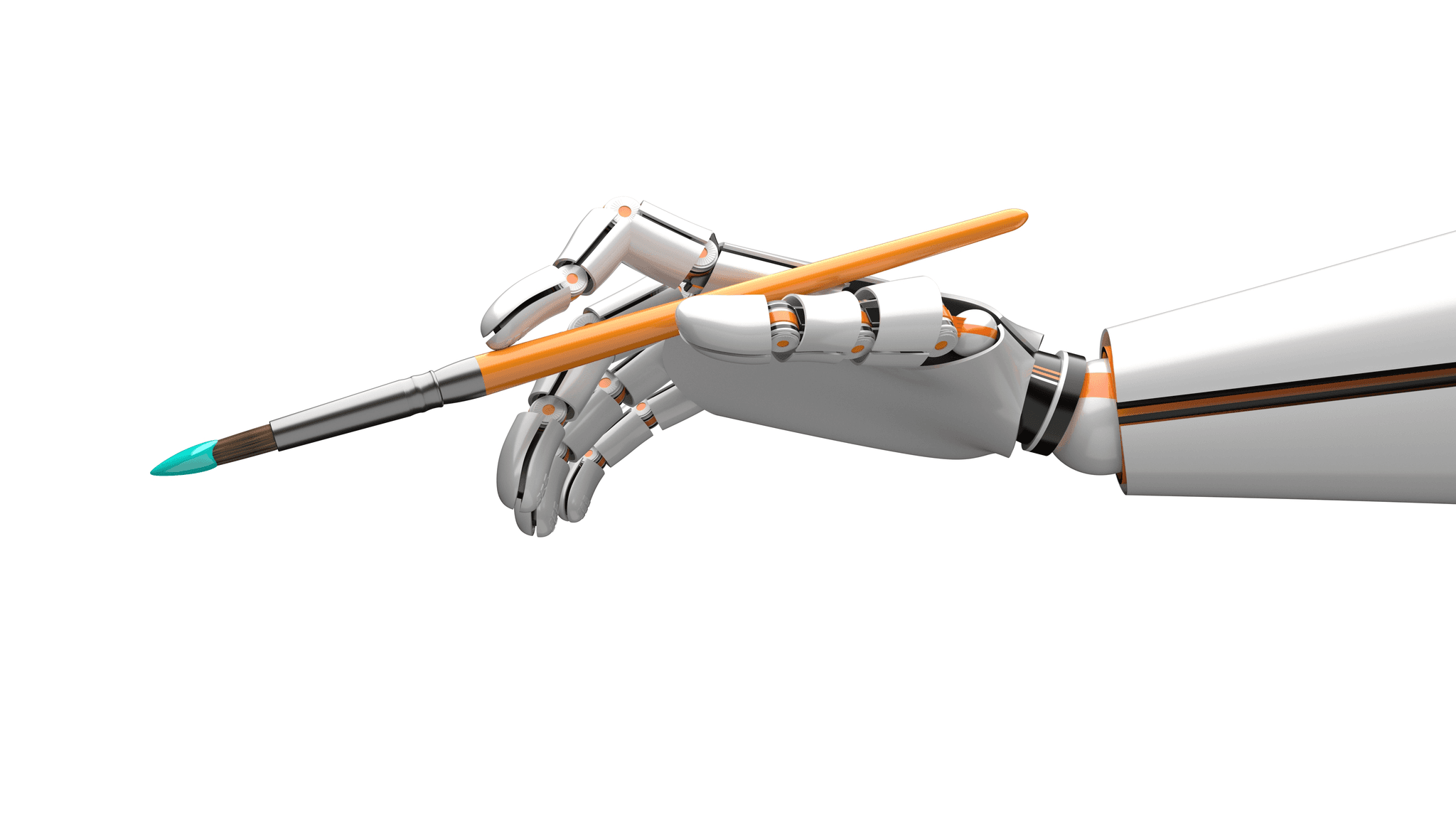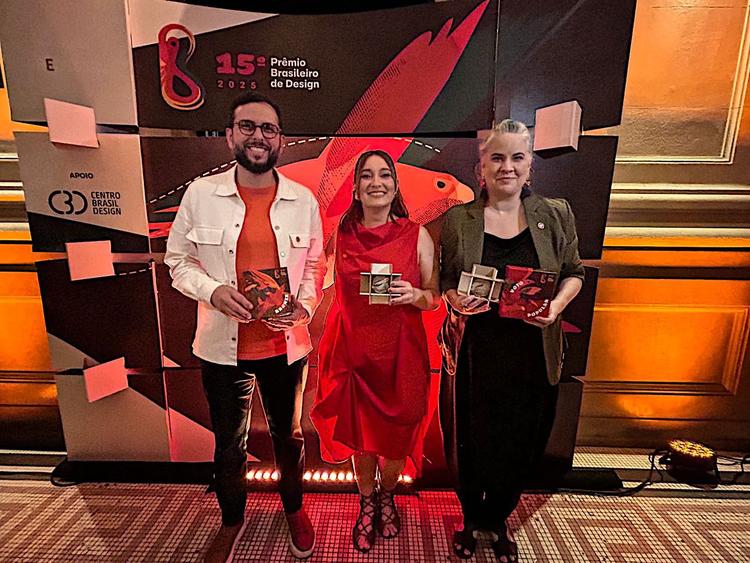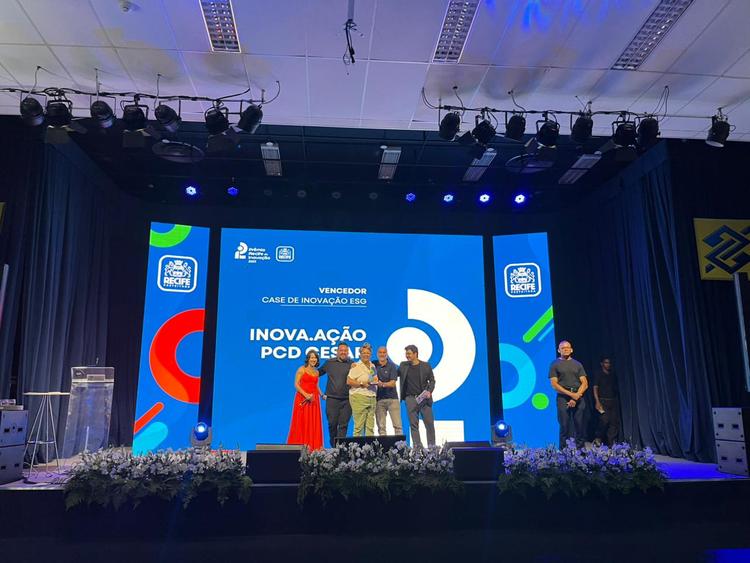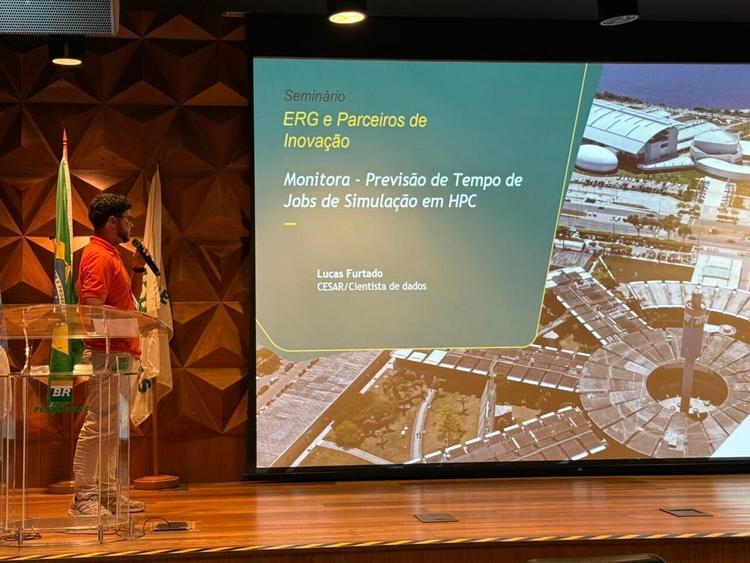6 mins to read
CESAR .
Publicado em: 13 de junho de 2023
The Generative A.I. era is here, and it will transform everything

The advanced capabilities spawned since 2022 are equivalent to adding a bionic brain to nearly any person or task – from augmented human creativity and A.I.-assisted design to how we interact with each other using the software that powers our world.
For those old enough to remember, the internet in 1996 was a very different experience than it is today. Back then, America Online’s dial-up service was the best option and connectivity to the “World Wide Web” was sluggish at best and not Wi-Fi enabled. It was mostly text-based. There were no smartphones. There was not even a way to “Google.”
When the “great online disruption of 1996” happened, the CBS Evening News’ Peter Van Sant called it the “Silence of the Techno Nerds” after AOL, by far the largest “computer service” at the time went down during one Wednesday in August. Everyday people spent fewer than 30 minutes surfing the web back in 1996, per Nielsen – and it took about 30 seconds to load each page and consumers paid for access by the hour.
1996 was the same year the Recife Center for Advanced Studies and Systems (CESAR) was founded as a private innovation, education and entrepreneurship center that combines knowledge about business, people, and technologies to uncover and solve complex and challenging problems, with a goal of changing the lives of people and organizations for the better.

Tech Inflection Point: “The internet helped catapult Sun Microsystems’ Java to the forefront of programming, and Java, in turn, had a profound effect on the internet,” according to O’Reilly.
About a half a year earlier in May 1995, Sun Microsystems launched Java – which helped to transform the internet into what we know it as today, which has completely changed how we all conduct business, communicate, learn, design, share news and information, and entertain ourselves.
From a software programming perspective, the introduction of Java enabled coders to write once, run anywhere – meaning Java software could run on all Java-compatible platforms (that became ubiquitous) without the need to recompile. Java was one of the first object-oriented programming languages that contained both objects and methods. It introduced a new type of program called the applet that forever altered the way the online world thought about content. Sun’s major tech innovation also addressed some of the most challenging issues with the internet: portability and security.
Nearly 30 years after Java’s introduction, we now find ourselves in another major technology inflection point as the world moves into a brand new era of A.I.
“The main and surprising thing is the speed of change,” said Giordano Cabral, a distinguished professor at UFPE and Board Advisor at CESAR. “Normally, we as university lecturers, create a course once and use it for two to three years – but now, for each new semester, we have to throw everything away and reconstruct the whole program. This means that the velocity of change in the domains that we teach is so fast, it’s very difficult to keep up and rewardingly challenging.”
CESAR’s prominent professors, architects, coders, engineers, and UX designers agree that similar to the way most people today are internet and digital natives, A.I. will transform business and change how we live, work, and create software, products, services, art, music, content and so much more. In the near future, more of the world’s programmers and designers of all kinds will become natives of this technology – and CESAR will play an integral part to research, understand, and educate others about it.
“From the viewpoint of our three key focus areas at CESAR – teaching new students, retraining old pros, and conducting research, design and innovation (RD&I) projects for SMBs and large brands from around the world – we are squarely focused on testing new ways to increase productivity output by pairing humans with machines to generate or reiterate design, content, and code,” said Eduardo Peixoto, CEO of CESAR. “Generative A.I. will play a central role in both our advanced coursework in digital technology for entrepreneurship and our corporate RD&I work to accelerate tech knowledge, co-develop new approaches, and speed innovation output for clients.”

CESAR CEO Eduardo Peixoto believes generative A.I.’s inherent ability to enhance our productivity is the heart of the matter and why this new tech wave is so significant.
According to Gartner’s Andrew White, a distinguished VP analyst at the respected research firm, “generative A.I. could be the trigger for the productivity wave we need,” per a recent Gartner blog post. After “feeling sanguine in 2017 and 2018, and wrong in 2019” about a renaissance in productivity that’s badly needed – White notes the more he reads about generative A.I., the more he thinks “this specific wave of A.I. is different” and sufficient enough to shift us from tech that’s general-purpose to specific-purpose.
CESAR’s Peixoto concurs that generative A.I.’s inherent ability to enhance our productivity is the heart of the matter and why this new tech wave is so significant.
“For example, Itaú Unibanco – which is the largest banking institution in Brazil and ranked among the top-100 banks globally – has more than 16,000 software developers available today. That is about four times the size of development teams at some other Brazilian banks. Yet, the management team at Itaú is still seeking to hire more architects, coders, and engineers so it can be even more competitive and nimble in terms of constantly rolling out new apps, features, and better UX so it can keep growing its market share and customer base,” said Peixoto.
“In this new era of generative A.I., CESAR is positioning itself as one of the world’s global references in research, experimentation, development, and innovation enablement or output. We will leverage our extensive knowledge and network of experts, partners, and customers that share a similar vision that generative A.I. will be a core ingredient to new ways of designing new offerings, developing software, and educating or retraining future professionals across multiple industries.”
“We’re rapidly moving into a new reality where no company across nearly any sector will be able to compete and survive without having the ability for nearly anyone to be able to program with AI-powered low-code/no-code tools,” said Peixoto. “There will be a rapid evolution of how people will fit into this new way of working and creating things with AI-augmented support – including the rise of new work roles such as prompt engineers, AI ethicists, AI-powered artists and designers, and so many other unexpected ones.”
You may also like

Por que a qualidade é o motor da inovação em produtos digitais

Com FAST e projeto estudantil, CESAR conquista três troféus no Prêmio Brasileiro de Design 2025

CESAR é destaque ao vencer duas categorias no Prêmio Recife de Inovação 2025

